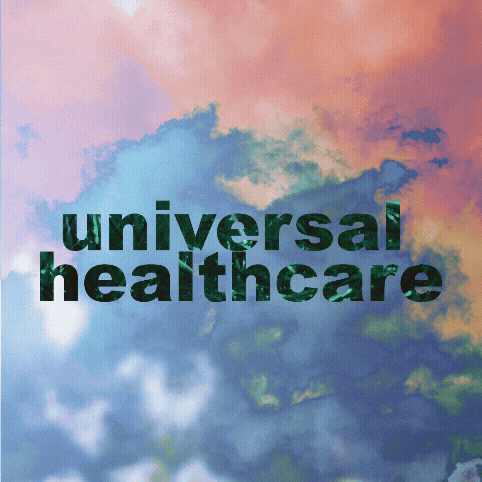The Big Beautiful Bill Just Declared War on Menopause —5 Ways to Fight Back
When the Big Beautiful Bill cuts $930 billion from Medicaid, guess who picks up the tab? Your private insurance premiums, which are about to become significantly less beautiful.
INSIDE THIS ISSUE:
Shield your healthcare budget before the premium storm hits like a rogue wave
Build your menopause money fortress while you still can
Navigate this mess without sacrificing your sanity or your symptoms
COLLATERAL DAMAGE
The recently passed "One Big Beautiful Bill Act" just cut $930 billion from Medicaid. You're thinking, "I have private insurance—this is someone else's problem."
Wrong.
Here's what actually happens when healthcare funding gets the axe: your premiums are about to spike by nearly $1,300 annually. That's not a typo. When hospitals lose Medicaid money, they don't just absorb those losses like some kind of healthcare martyrs. They shift costs to private insurers faster than you can say "perimenopause."
Your brain fog isn't clearing up, your periods are still doing whatever they want, and now paying for the specialists who actually understand this chaos is about to cost significantly more. Rural hospitals—the ones keeping small-town women from driving three hours to see a gynecologist—are looking at closures.
The insurance industry operates like that friend who never brings cash to dinner. Someone else always ends up covering the bill, and friend, that someone is you.
FIVE MOVES THAT FIGHT WORK
1. Max Out Your HSA Like Your Future Self Depends on It Because she does. With premiums jumping $1,300 annually, your Health Savings Account becomes your healthcare lifeline.
Contribute the maximum and treat it like your dedicated "menopause survival fund"
Hormone therapy, specialist visits, even certain supplements qualify
This isn't just smart tax strategy—it's purchasing power protection
2. Lock Down Your Healthcare Dream Team Today Before hospital closures turn finding good menopause care into a treasure hunt, secure your relationships.
Get established with specialists and nail down treatment plans
Research concierge options and direct-pay alternatives
Lock in choices before the healthcare landscape shifts under your feet
3. Build Your Medical Emergency Stash Beyond regular emergency savings, create a separate healthcare fund.
Start with $3,000, aim for $10,000
Keep it separate from other emergency funds
This prevents impossible choices between your health and your mortgage when costs spike
4. Master the Generic Game. Ask specifically about FDA-approved bioidentical alternatives and generic options.
Cash prices occasionally beat insurance copays
Don't let insurance have the final say on what you "really need"
5. Use Telemedicine First Lower copays for hormone consultations, follow-ups, and prescription adjustments.
Perfect for brain fog days when driving feels impossible
Ideal for routine check-ins and dosage adjustments
Find providers who actually understand menopause
Book these strategies. Thank me later.
Forward this to anyone whose healthcare budget deserves better than whatever Congress just cooked up.




